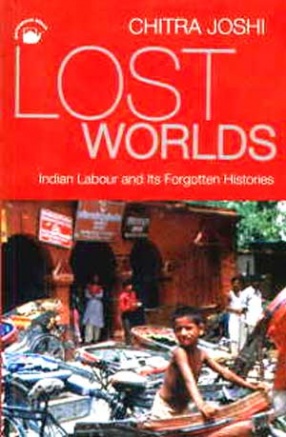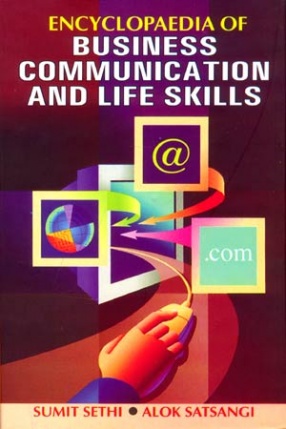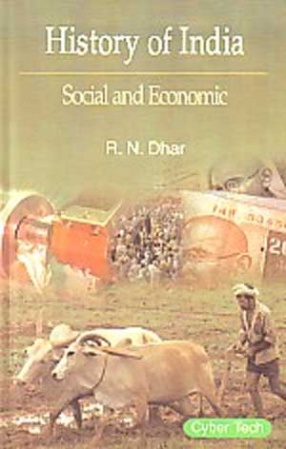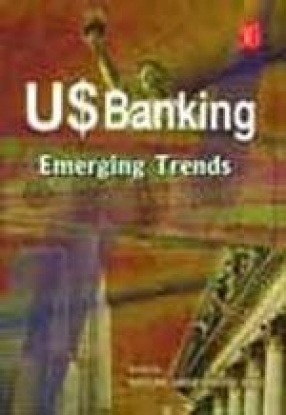This book takes the present context of globalisation and the decline of large scale industry as its entry point into the worlds of labour in the late nineteenth and early twentieth centuries. Using a wide range of oral and archival sources as well as popular literature, Chitra Joshi reconstructs working class lives, exploring their everyday worlds at the workplace and within community life outside, as well as their moments of conflict and struggle.Questioning frameworks within which workers are seen as mired in a primordial culture, or as passive objects of managerial strategies, this book examines how cultural pasts were reconstituted through worker practices, how social identities and work norms were actively negotiated by workers. It looks at the ways in which worker migrants confronted their new lives in the industrial city, struggling to retain their pasts, moving between the urban and the rural, evolving alternative family and household survival strategies.Joshi shows that community and religious ties were not pre-given: they were redefined within the context of neighbourhoods and workplaces. Exploring workers worlds beyond the community, she looks at their visions of the nation and at the ways in which nationalist politics impinged on precarious lives. Returning to the present, in her concluding pages she reflects on the meanings and experiences of contemporary worklessness. In developing her arguments, the author continuously engages with existing frameworks that dominate the writing of labour history. In doing this, and in analysing the complex relationship between past and present, memory and history, culture and practice, community and nation, everyday life and apocalyptic moments, this book represents one of the most major academic contributions to labour history in South Asia.
Encyclopaedia of Business Communication and Life Skills (In 3 Volumes)
This Encyclopaedia is ...
$250.20
$278.00





There are no reviews yet.